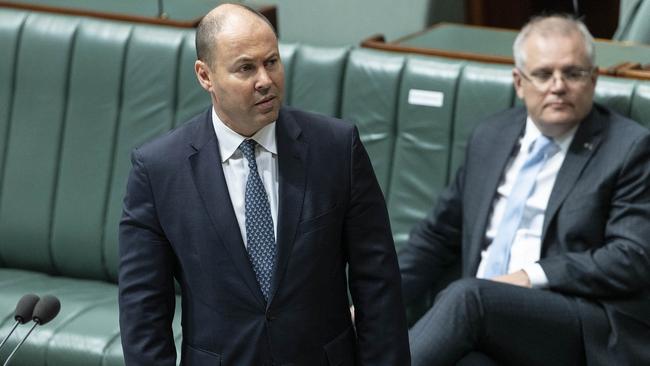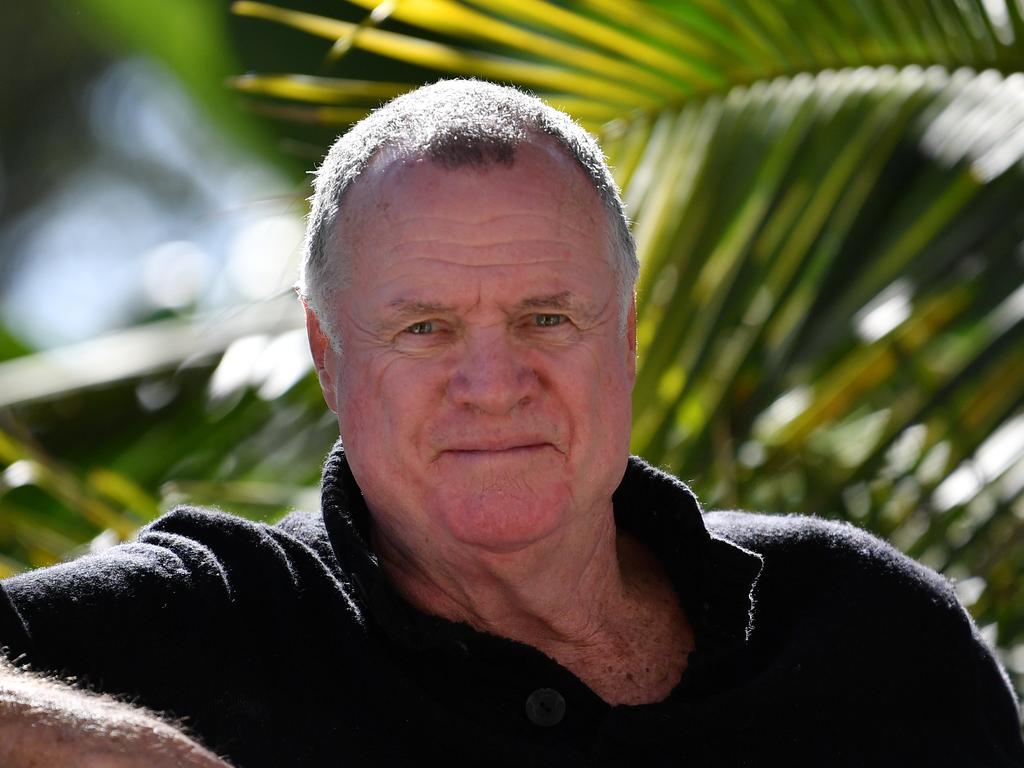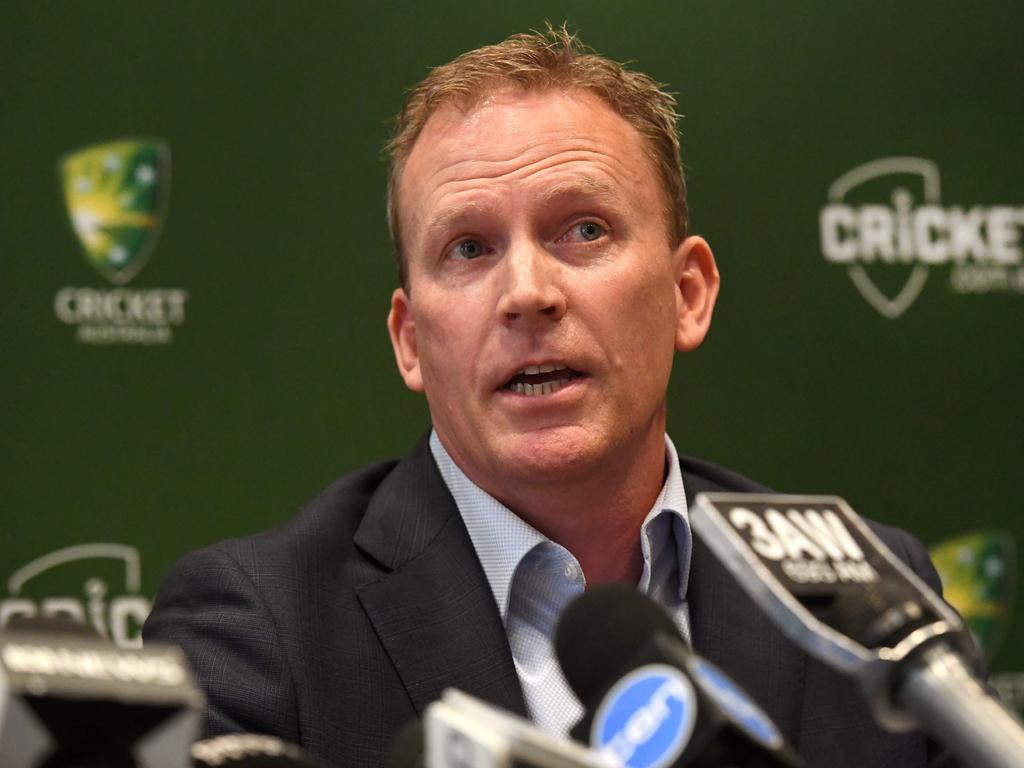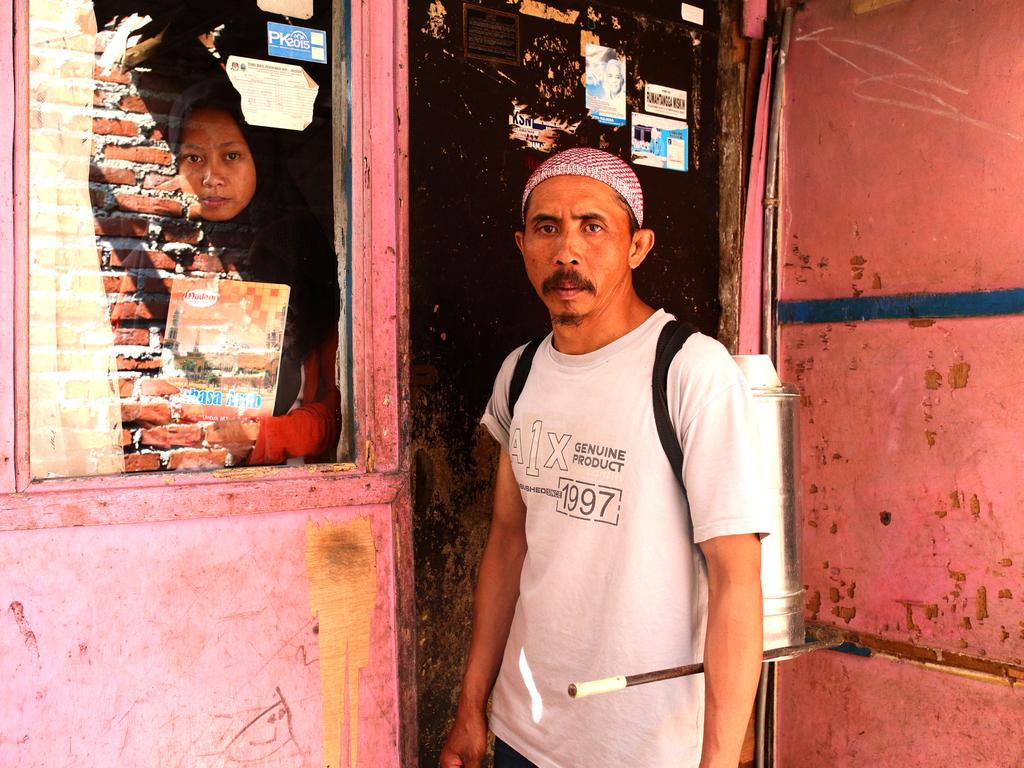It’s not a normal recession, and stimulus won’t fix it: we need compo

I was even asked to go on BBC TV that night because they thought it must be really bad news for the world if even the Lucky Country is in recession.
I had to explain that we’re talking about data from two months ago, Australian statisticians being the slowest/most painstaking in the world, so the word “now” may or may not apply, and anyway the idea that Australia has not had a recession since 1991 is just a quirk of definition: the only reason there haven’t been two consecutive quarters of negative real GDP in 29 years is population growth. Per capita recessions … we’ve had a few, but then again, too few to mention apparently.
But there’s a problem with calling it a recession at all.
It’s true that GDP fell for two quarters, but it’s not a recession in any other sense. The government told people to stay home and a large number of businesses were forced to close. Two months later the ABS tells us that demand and output fell, of course. But that’s it: a government-mandated reduction in national output to control a virus.
That doesn’t mean I agree with my colleague Adam Creighton that they overreacted — I don’t. Research by Deloitte Access Economics published this week clearly shows that the fewer deaths a country has, the better its economy does, and vice versa.
For example, Britain has had 630 deaths per million population and its economy shrank 22 per cent in the June quarter (quarter on quarter); Australia has had 27 deaths per million, and the economy shrank 7 per cent, among the least in the world.
Calling it a recession conveys the idea that applying normal stimulus will produce a normal recovery, which is far from the case.
Government lockdowns and travel bans caused it and for an increase in activity to even begin, they have to be removed. That can only happen if the virus is under control. Victoria’s experience is salutary.
Pressure on Victoria to open up anyway, and on other states to end border restrictions, are pointlessly political and at odds with both evidence and local politics. Any state that has rising case numbers will go back into lockdown, no matter what Scott Morrison says.
The second requirement for a sustained recovery is targeted, ongoing support for those affected by the lockdowns — not temporary “fiscal stimulus”, and definitely not tax cuts, which are for those who have an income and who won’t be spending any extra cash because they’re worried about the fact that a lot of people don’t have any income.
The impact of a normal recession is fairly evenly spread. Interest rates go up, credit is tightened and anyone carrying debt — pretty much everyone — either cuts consumption and costs or goes broke.
This downturn is different. Specific businesses have been forced to close and others have seen revenue fall because customers can’t leave home. Many others are unaffected.
Government support should not be called “stimulus” — it should be called, and be regarded as, compensation.
Businesses that have been forced to close by direct government decree, or whose customers have been told to stay home and not travel, should be fully compensated — that is, supported for as long as it takes, and for as much as they need.
In other words, the pandemic should be treated like a bushfire, in which those affected are looked after by the rest of the community.
Putting arbitrary limits on the amount and timing of the support, based on what the government thinks its spending and deficit should be, is not only cruel but dangerous. A lot of people will end up destitute and potentially homeless. What’s more the banking system will be put at risk by loan defaults and social cohesion may be endangered.
Anyway, what’s more important: people’s lives or the size of the deficit? Does it really matter whether the debt ends up being $1 trillion or $1.5 trillion? It won’t be paid back and the Reserve Bank will end up holding it anyway, and that won’t hurt a bit.
At least RBA governor Philip Lowe has told the states to lift their spending because he’s got their backs, and to prove it the RBA is buying state government debt.
He should say the same thing to Scott Morrison, and the Prime Minister should say it to the states, instead of grizzling about their efforts to protect their health systems.
One of the most difficult problems is likely to be infrastructure overcapacity.
Much of the national infrastructure — railways, airports, stadiums, theatres, cinemas, art galleries, shopping centres, restaurants, even entire CBDs — were built for large numbers of people to gather close together and breathe on each other.
Even if government lockdowns and distancing rules are lifted entirely, people will be reluctant to crowd together until there is a universal and effective vaccine.
That means the owners and operators of infrastructure will have to adjust their business models and their balance sheets, and in particular they won’t be able to carry as much debt as before. For many that will be a painful, possibly life-threatening, adjustment.
A national inventory of infrastructure, with the debt each structure carries and how long it can stay open with reduced patronage, might be a good idea.
This could end up being the economy’s key vulnerability next year, along with the government’s reluctance to compensate those whom it has deprived.
Alan Kohler is the editor in chief of Eureka Report.







Naturally enough all the headlines after the June quarter national accounts went something like: “Australia now in its first recession in 29 years!”